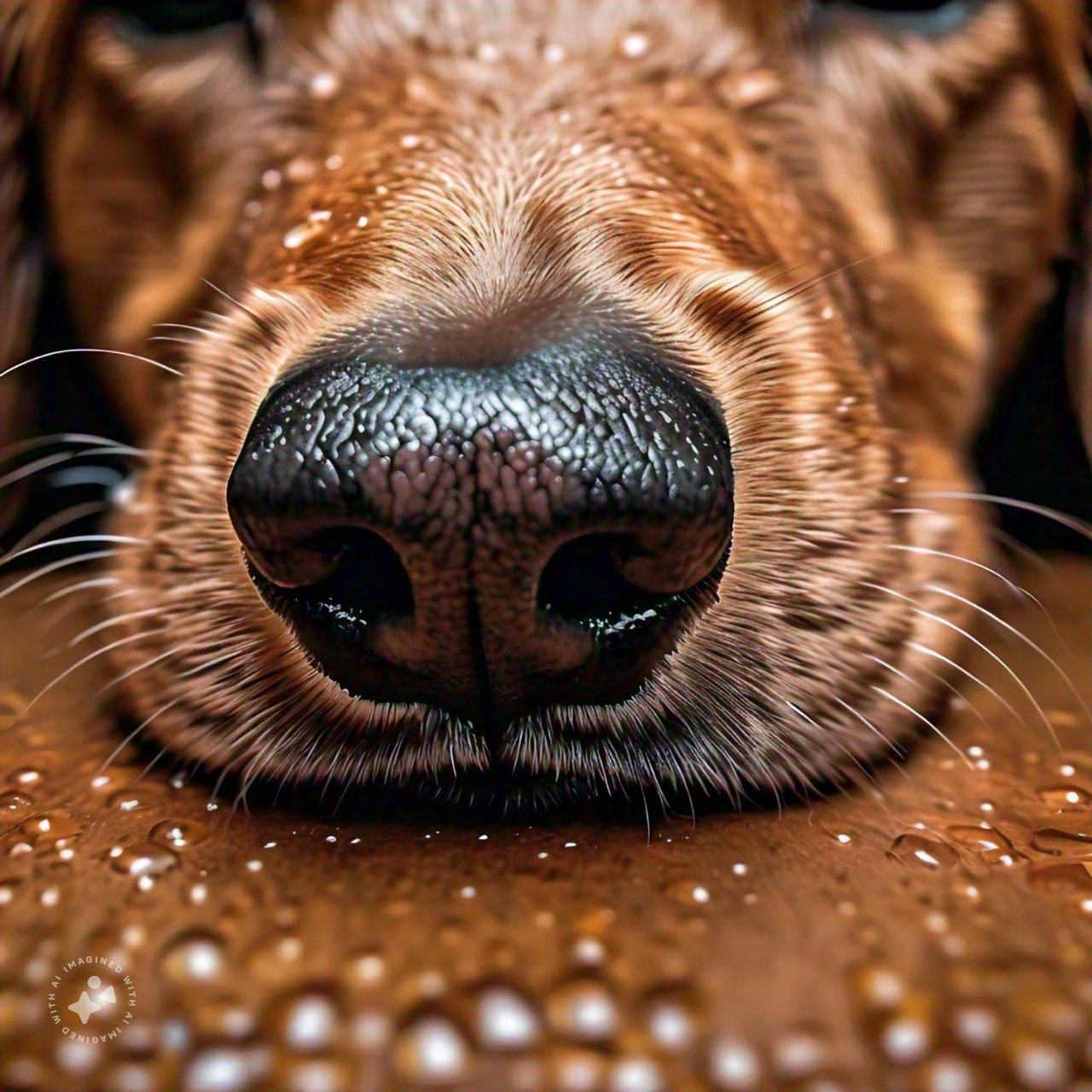



Can dogs smell cancer? A new study proves that they can. PCF-funded researchers Claire Guest MSc, HonDSc and Andreas Mershin PhD, MSci are determined to take this magnificent ability dogs have and use it to help detect cancer. Moreover, they plan to replicate dogs' ability to smell cancer and, someday, put it into an app for your smartphone.

Ovarian cancer is called the silent killer because by the time most women get diagnosed it's too late.

Can dogs be trained to detect the smell of cancer? The dog study gives them hope that getting sniffed for cancer by an electronic sensor one day could become a routine procedure.


Janice Wolfe, founder and CEO of United K9 Professionals, demonstrates how Wyatt, a Rhodesian dog can detect cancer. Wyatt sniffs the breath of firefighters Eric Yetman, of Syracuse, and Marc Suggs, of Buffalo.
Introduce your video with a short summary or excerpt viewers can preview. If you don’t add an excerpt, this field will automatically show the first three lines of the video’s description.

Trials in the UK are currently assessing if dogs could be used to detect prostate cancer at an early stage. One study shows that specially trained dogs can pick up the presence of such cancer in urine samples in 93% of cases. Politician Iain Duncan Smith's wife Betsy was diagnosed with breast cancer in 2009, and became involved with the charity Medical Detection Dogs.
In an exclusive film for the Victoria Derbyshire program, he says he wants to see it rolled out across the UK’s health service.